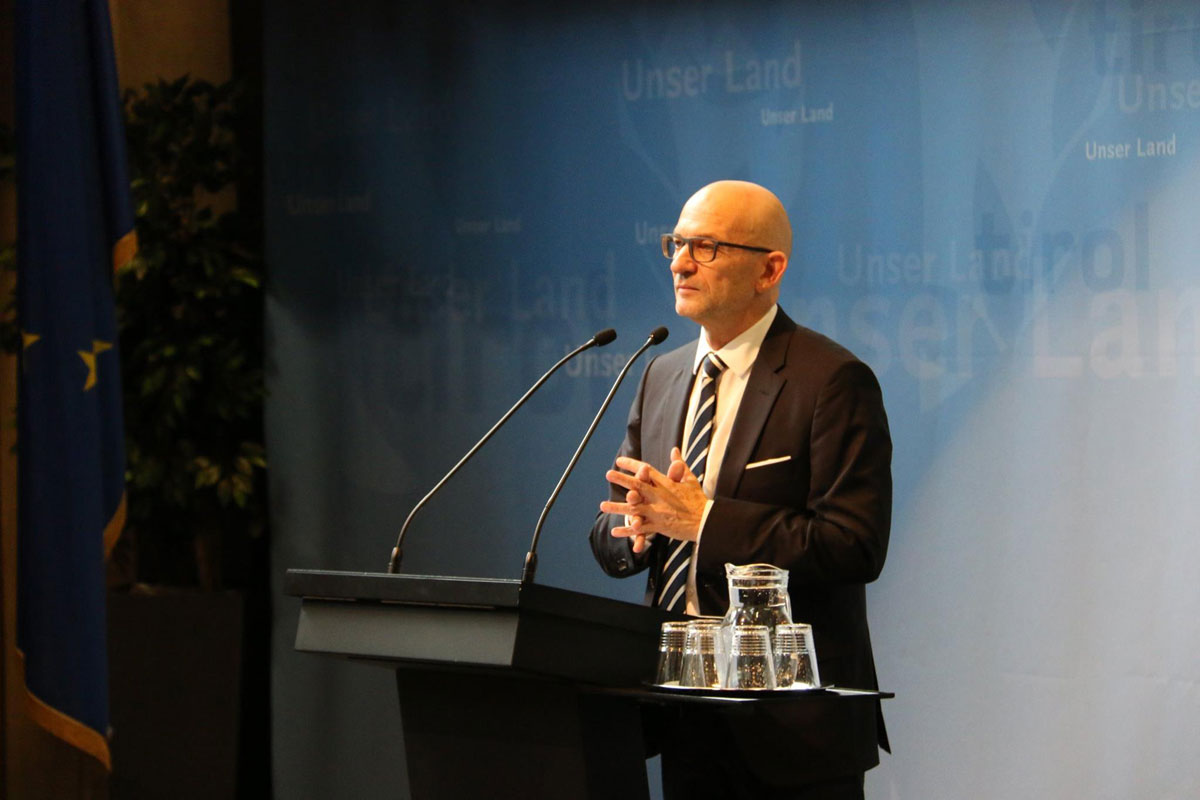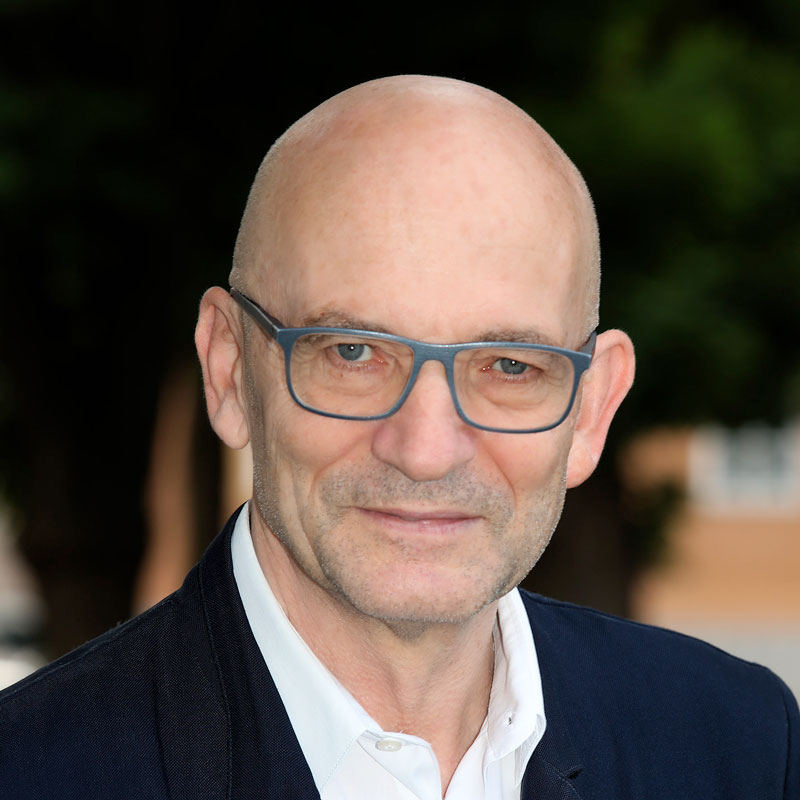Dr. Armand Hausmann – Ihr Psychiater in Innsbruck
Repetitive Transcranial Magnetic Stimulation in Bulimia Nervosa: Preliminary Results of a Single-Centre, Randomised, Double-Blind, Sham-Controlled Trial in Female Outpatients

Publikationen (Erstautor oder Mitautor) von Univ.-Prof. Dr. Armand Hausmann
Background: Bulimia nervosa (BN) is often associated with depressive symptoms and treatment with antidepressants has shown positive effects. A shared deficient serotonergic transmission was postulated for both syndromes. The left dorsolateral prefrontal cortex was argued to regulate eating behaviour and to be dysfunctional in eating disorders. Methods: Fourteen women meeting DSM-IV criteria for BN were included in a randomised placebo-controlled double-blind trial. In order to exclude patients highly responsive to pla cebo, all patients were first submitted to a one-week sham treatment. Randomisation was followed by 3 weeks of active treatment or sham stimulation. As the main outcome crite rion we defined the change in binges and purges. Secondary outcome variables were the decrease of the Hamilton De pression Rating Scale (HDRS), the Beck Depression Inven tory (BDI) and the Yale-Brown Obsessive Compulsive Scale (YBOCS) over time. Results: The average number of binges per day declined significantly between baseline and the end of treatment in the two groups. There was no significant difference between sham and active stimulation in terms of purge behaviour, BDI, HDRS and YBOCS over time. Conclusion: These preliminary results indicate that repetitive transcranial magnetic stimulation (rTMS) in the treatment of BN does not exert additional benefit over placebo. A larger number of patients might clarify a further role of rTMS in the treatment of BN.
Autoren: M. Walpoth, C. Hoertnagl, B. Mangweth-Matzek,G. Kemmler, J. Hinterhölzl, A. Conca, A. Hausmann
